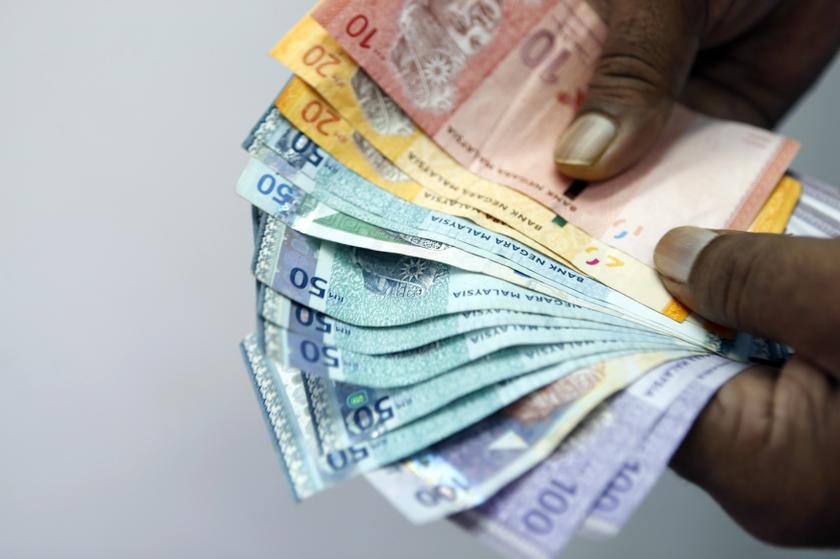SANDAKAN, Feb 15 — There is an upswing in the e-remittance trend in Sabah with its transaction value increased 652 per cent between the 2017-2019 period, according to Bank Negara Malaysia (BNM).
Its director of the money services business regulation department Nik Mohamed Din Nik Musa said, during the period under review the e-remittance value in Sabah shot up from RM8 million in 2017 to RM62 million in 2019.
“After carrying out promotions on the e-remittance service through Project Greenback 2.0 Kota Kinabalu (GBKK) that was launched in March 2018 and getting players to offer e-remittance services, there was a seven-fold increase in the figure after two years.
“BNM encourages more players to develop e-remittance applications,” he told reporters after Project GBKK’s closing by the deputy finance minister Datuk Wira Amiruddin Hamzah here last night.
Also present was assistant BNM governor Fraziali Ismail.
According to Nik Mohamed Din, more than 14,000 foreign workers in Sabah registered with e-remittance service providers during the two year period.
BNM he said, encouraged more foreign workers in Malaysia to register for e-remittance service as it is not only convenient and safe, but the service was also cost-saving.
The e-remittance service also helps in eliminating illegal remittance service providers.
The World Bank’s country manager for Malaysia Dr Firas Raad noted that the cost of sending money abroad using e-remittance services has dropped from 4.5 per cent to 2.2 per cent.
“Each (percentage) of drop (in costs) means millions of dollars (in savings) that can flow back to families that need that kind of financing,” he said.
Earlier, Amiruddin said moving towards a cashless society remained one of the government’s foremost priorities and that reducing excessive reliance on cash would bring about tremendous benefits to the economy and society.
“These are particularly in terms of protecting the integrity of the financial system and to support the government’s efforts to tackle the problem of the shadow economy,” he said. — Bernama






















